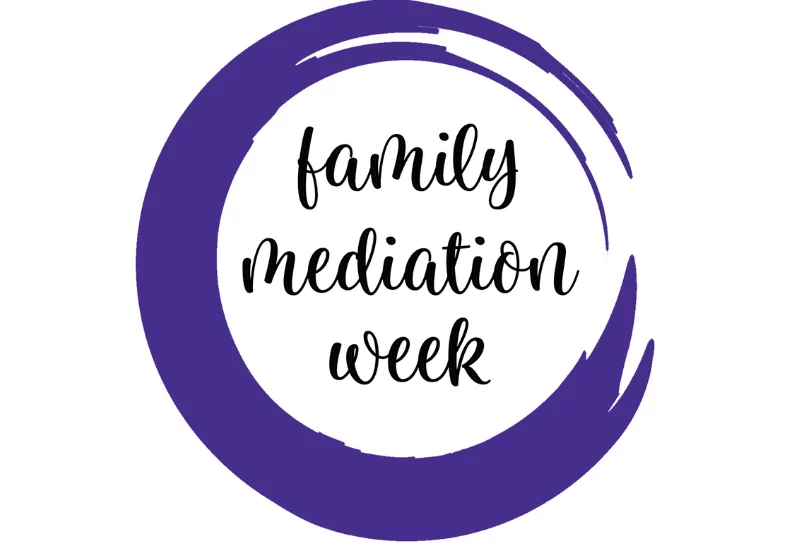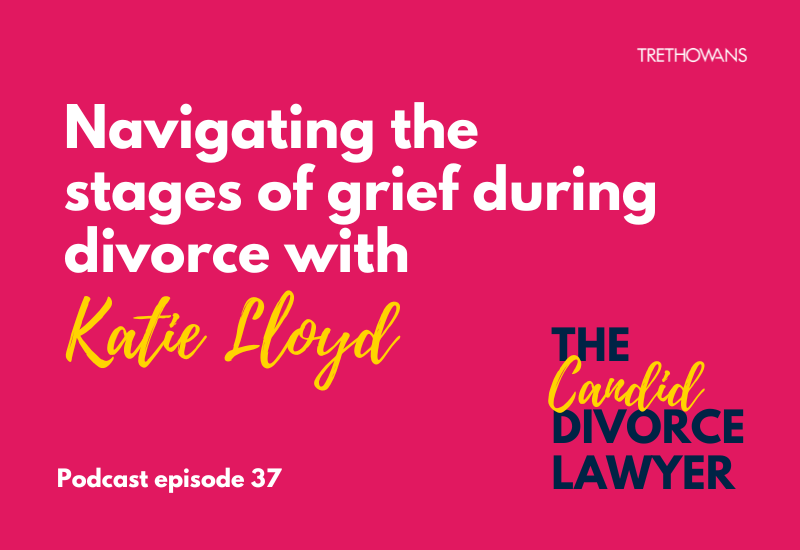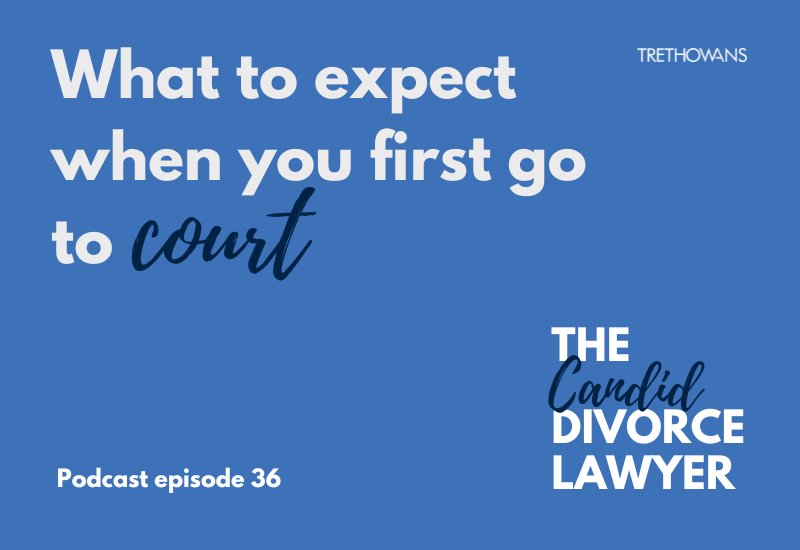Resolving family disputes outside of court can be far more cost-effective and beneficial for all involved. The recent changes introduced by the Family Procedure (Amendment No 2) Rules 2023, which came into force on 29 April 2024, emphasise the importance of considering non-court dispute resolution methods before making any formal court application.
Why consider non-court dispute resolution (NCDR)?
There may be cases where court proceedings are required but very often, agreement can be reached using alternative methods, usually in a more cost-effective and constructive manner than the traditional court process. The court now has the power to ‘stay’ or adjourn cases where the Judge considers that NCDR methods should be explored and evidence of consideration of, and attempts at NCDR must now be sent to the court by both parties before any first court hearing. It is clear that Judges will now place a real emphasis on the benefits of dealing with matters outside of court where necessary and we will need to consider this with you, and the new rules, when making any decision about issuing an application at the court.
It is also important to be aware that failing to consider or attend some form of NCDR without proper justification could result in the court making a costs order against you.
What are the methods of non-court dispute resolution?
- Mediation – meeting together with an impartial third party to discuss and reach agreement on various issues including children and financial matters. Agreements can later be approved by the court.
- Arbitration – appointing an “Arbitrator” to hear/review evidence and to make a binding determination which can later be turned into a court order.
- Collaborative law – attending four way meetings with both parties and their lawyers to discuss financial matters with a view to reaching agreement for submission to the court.
- Private FDR (for financial proceedings) – appointing a private “Judge” to conduct an Financial Dispute Resolution (FDR) hearing and give an indication as to likely settlement.
- Early Neutral Evaluation – appointing an independent third party to give an initial assessment or “sense check” from a particular expert. Any evaluation is non-binding.
The list is not exhaustive and we can explore the most suitable method for your specific circumstances. We will support any necessary court proceedings if required.
Benefits of non-court dispute resolution?
- Cost effectiveness – NCDR methods incur lower legal fees compared to traditional court processes, which can be delayed or adjourned last minute.
- Time – NCDR can lead to quicker resolution without waiting for court dates and Judge availability. For example an Arbitration can be arranged on a date as soon as all parties are available and often much more quickly than waiting for a court date.
- Control – both parties have more control over NCDR methods, including the choice of Mediator, or “Judge” to act as an Arbitrator or in in private FDR and the scheduling of meetings.
- Encouraging good relationships – these methods focus on good communication and co-operation which can be particularly beneficial to all parties in reaching an agreement and moving forward.
Take the first step towards resolution
Choosing the right dispute resolution method can make a significant difference in the outcome of your case. Contact us today to discuss your options and find the best path forward for you and your family.























